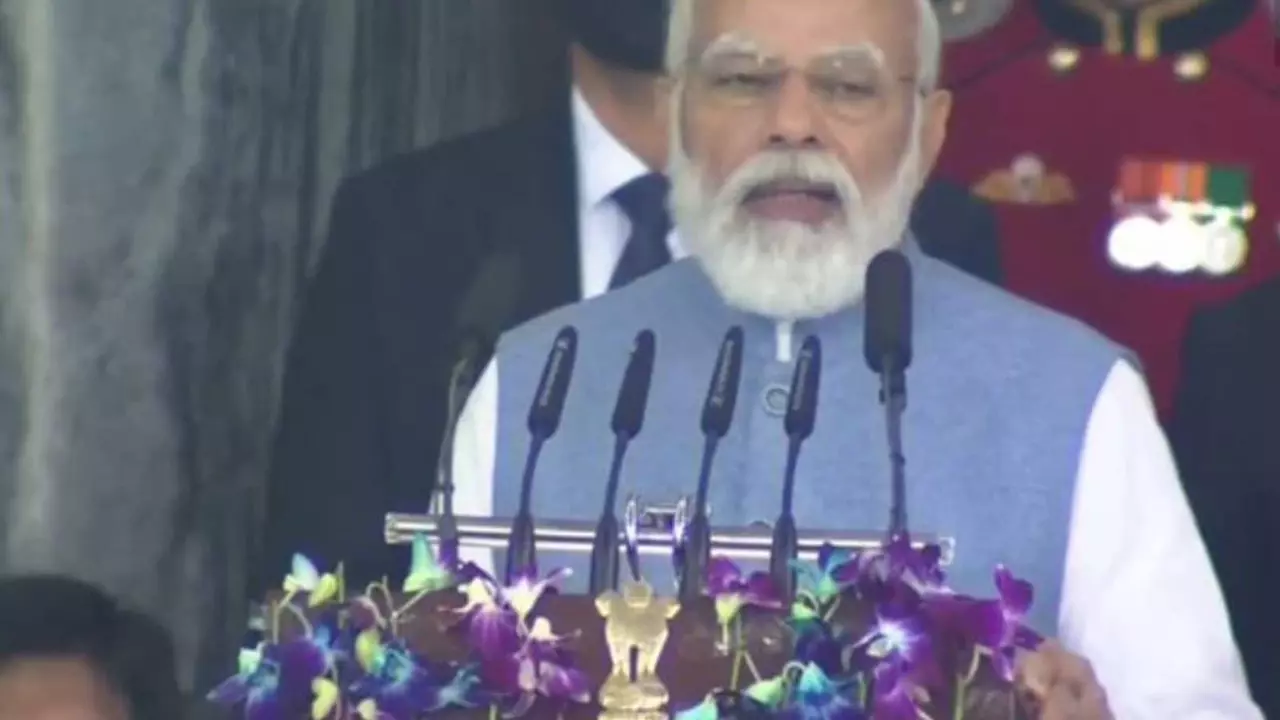PM Modi Says Political Dynasties Are Democracy's Biggest Enemy
When Prime Minister Narendra Modi said that political dynasties are the biggest enemy of democracy, the comment hit the headlines like a news flash. It’s not every day the country's top leader calls out family‑run politics, so people started talking right away. This piece breaks down what he meant, why it matters, and what you should take away from the fuss.
What Did Modi Really Say?
During a public event in early August 2023, Modi pointed to the rise of family‑based parties and said they hurt the democratic spirit. He argued that when a few families control party tickets, policies, and power, ordinary citizens lose a fair chance to compete. He didn’t name any specific party, but the comment clearly hit the seats where political dynasties sit.
Why the Statement Stands Out
India’s politics has long been peppered with names that pass from one generation to the next. Think of the Nehru‑Gandhi line in Congress or the Yadav family in Uttar Pradesh. Modi’s remark shines a light on a pattern that many voters feel sidelines fresh talent. By calling it the “biggest enemy,” he raised the stakes. It forces parties to ask themselves whether they’re favoring bloodlines over ability.
For regular folks, this is more than a political soundbite. It touches on everyday concerns: getting a job, accessing services, or having a voice in the local council. When power is locked within a family, those opportunities can feel out of reach. Modi’s words echo what many voters have said in polling booths for years—"I want leaders who earn their spot, not inherit it."
Critics, however, argue that the PM’s comment is a tactical move to weaken rival parties ahead of upcoming elections. They point out that his own party, the BJP, also has leaders with strong family ties. The debate, therefore, isn’t just about who’s right or wrong; it’s about whether the political system can evolve to let new faces rise.
So, what can you do with this information? First, keep an eye on candidate lists as elections approach. If you notice the same surnames cropping up repeatedly, ask yourself if those candidates truly represent the people’s needs. Second, support local initiatives that encourage youth participation in politics. Grassroots groups, student councils, and community forums are breeding grounds for fresh ideas that can break the dynastic cycle.
Lastly, remember that a single statement, even from a prime minister, doesn’t instantly change entrenched practices. Real change needs pressure from voters, media, and civil society. By staying informed and voicing concerns, you add to the chorus demanding merit‑based leadership.
In short, Modi’s bold claim sparked a conversation that’s been overdue. Whether you agree with him or not, the underlying issue—how power is handed down—affects everyone. Keep watching, keep asking questions, and let your vote be the tool that decides if political dynasties stay or fall.
